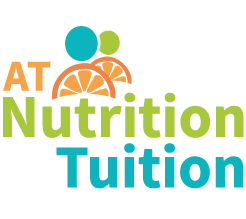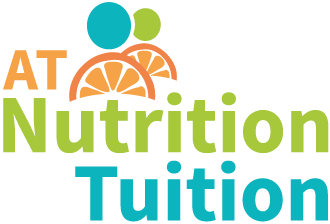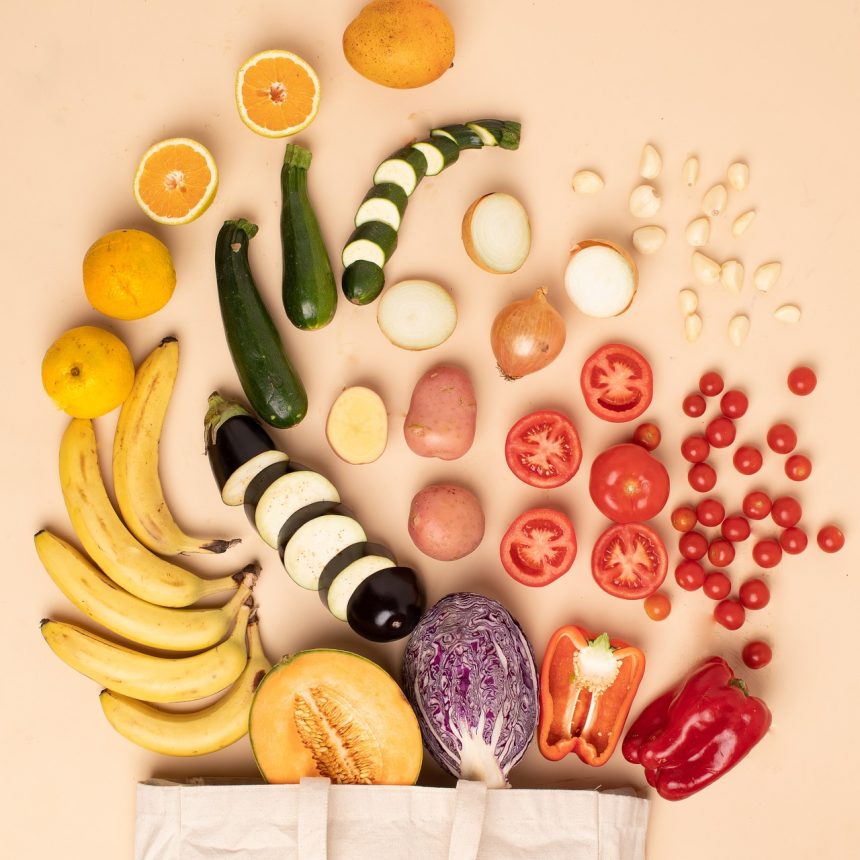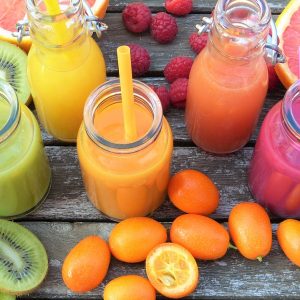 Previously we’ve highlighted polyphenols (colourful plant pigments), vitamin D, exercise and the vital roles they all play in promoting good health and preventing disease. Now we are going to explore vitamin C (also known as ascorbic acid), another vital vitamin.
Previously we’ve highlighted polyphenols (colourful plant pigments), vitamin D, exercise and the vital roles they all play in promoting good health and preventing disease. Now we are going to explore vitamin C (also known as ascorbic acid), another vital vitamin.
What I find fascinating about this key nutrient is that research shows it to be so essential to life that most animals actually make it automatically themselves to ensure survival. Human beings are one of a very limited number of species (including guinea pigs and bats) who need to get adequate amounts from their food intake. I wanted to know why this was? One theory is that there was a mutation in our evolutionary history at a time when the diet was so full of vitamin C that energy was saved by not synthesising it automatically. This meant that there was a slight evolutionary advantage by saving that energy and having it spare for other uses in such a harsh environment faced by our ancestors. Knowing this has made me feel hyper-responsible to eat a diet rich in this vital vitamin or I feel like I‘m letting my health down!
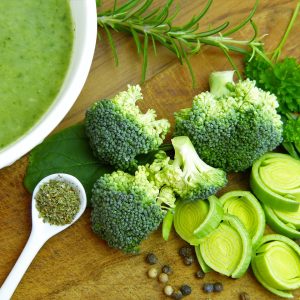 Vitamin C holds many key functions which underpin good health e.g. supporting the body’s immune system, underpinning the structure of body parts like collagen, skin, blood vessels, bones and cartilage; plus forming ingredients in proteins like L-carnitine to help to burn fat stores. Another example of vit C’s key importance is as a super-efficient antioxidant which helps to quench dangerous free-radicals – a recent paper published in 2020 shows how vitamin C (and other antioxidants as nutrients are team-players) supported healthy brain function.
Vitamin C holds many key functions which underpin good health e.g. supporting the body’s immune system, underpinning the structure of body parts like collagen, skin, blood vessels, bones and cartilage; plus forming ingredients in proteins like L-carnitine to help to burn fat stores. Another example of vit C’s key importance is as a super-efficient antioxidant which helps to quench dangerous free-radicals – a recent paper published in 2020 shows how vitamin C (and other antioxidants as nutrients are team-players) supported healthy brain function.
It’s water-soluble, meaning it dissolves in water, and is not stored by the body, so this means we need to ensure adequate intake from our diet every day. Rich sources of vitamin C include citrus fruits (oranges, lemons, grapefruit), kiwifruit, strawberries, blackberries, broccoli, red peppers.
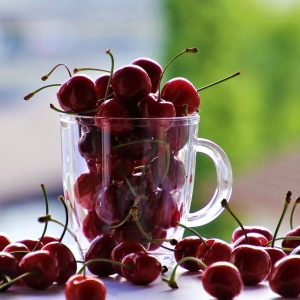 Along with eating the above foods, a favourite hack to ensure my daily vitamin C intake is to add juice from half an organic lemon from Riverford to 1-2 litres of water daily (depending on the temperature and my activity). Also adding a few drops of freshly-squeezed lemon juice to cooled black tea (n.b. boiling water may destroy vit C, a factor which wasn’t an issue back in our evolutionary history because mankind may not have invented fire when this mutation happened!) Other health-conscious friends add vitamin C powder to water or buy food-state vit C supplements from health food shops.
Along with eating the above foods, a favourite hack to ensure my daily vitamin C intake is to add juice from half an organic lemon from Riverford to 1-2 litres of water daily (depending on the temperature and my activity). Also adding a few drops of freshly-squeezed lemon juice to cooled black tea (n.b. boiling water may destroy vit C, a factor which wasn’t an issue back in our evolutionary history because mankind may not have invented fire when this mutation happened!) Other health-conscious friends add vitamin C powder to water or buy food-state vit C supplements from health food shops.
